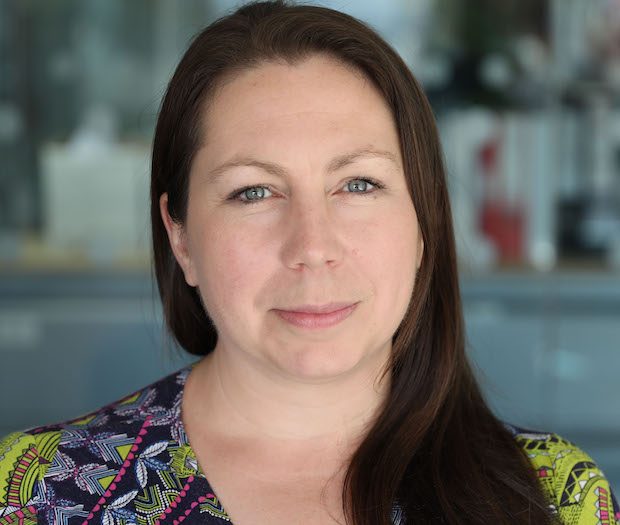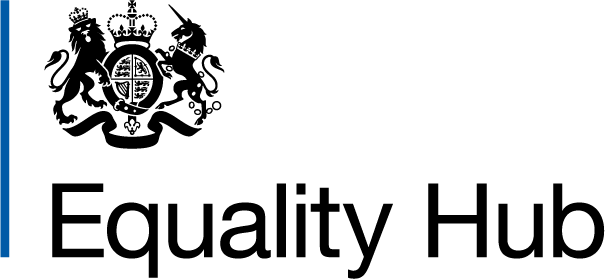
Anybody and everybody can be affected by self-doubt about their body image.
Today, from a very young age, our children are bombarded with images from all directions and this continues throughout our lives.
Be it through television, social media, magazines or any other source we see an idealised image of how our bodies are ‘supposed’ to look and this is reinforced continuously.
The danger comes when people start making comparisons between themselves and these images, something that is only natural to do but which can be hugely damaging.
Low body satisfaction reduces quality of life, and can lead to serious health issues.
We have seen a dramatic rise in hospital admissions for potentially life threatening eating disorders in the last year; as more and more people pursue these unattainably thin images and we also see Reality TV shows contributing to record increases in cosmetic surgery.
Men face similar pressures: media images focus on ultra-lean and muscular physiques that push them towards dangerous quick fixes such as steroids in order to achieve unrealistic goals.
It’s clear that as these insurmountable goals aren’t met, self-esteem can take a real hit.
It can’t be stressed enough how important good self-esteem is to all aspects of a happy and healthy, fulfilling life. Holding a negative view towards your own body reinforces stereotypes and can be hugely damaging to self-confidence.
Stereotypes about what women and men ‘should’ be like make it harder to achieve gender equality.
1 in 8 adults have felt anxious or depressed about their bodies over the last year. By putting themselves through constant regimes of self-monitoring and improvement, young women and men are missing out on opportunities to grow and explore their talents, enjoy engaging with their friends or feel confident at work and school.
It is also estimated that 70% of adolescent girls and 45% of adolescent boys want to change their body weight or shape. At such a crucial period of their lives, this seems like an enormous waste of talent and time. This is before even considering the often high cost to emotional wellbeing.
So as the Government Equalities Office start to consider how to tackle some of these issues, it’s important to appreciate that body image isn’t as cut and dried as somebody either holding a positive or negative image of themselves. It is fluid, and people feel differently at different times.
They may be hugely confident and generally positive about their overall body image but hold negative feelings towards specific bits of their body.
There are ways we can influence and help people to foster healthier attitudes about themselves and others.
This needs to be done in a way that empowers people to act themselves to improve both their own and their peers’ outlooks.
At the Government Equalities Office, we have already begun work looking at the role Government can play in easing concerns of those who feel unhappy with how they look.
We know that there are gaps in how we understand body image. That’s why we have commissioned new research on how and why different groups experience poor body image.
For example women, gay men, transgender individuals and those from lower income and one-parent households are more at risk of poor body image. We need to think about how we can widen our definitions of “beauty” to include those of all ages, shapes, sizes and ethnicities.
Key to better understanding the variety of issues around body image will be engaging with those on the front line of the debate. That is why we have invited a number of bloggers and other key influencers to come and talk with each other and Government Equalities Office officials to help us understand their experiences and thoughts on the issue.
Beforehand they are going to be asking their followers for opinions to bring to the discussion using #bodypositivity
We’ll use the views we get from these discussions, along with the findings of the research to inform a future Government campaign on body image and the work we do to support people around the wider impact of body dissatisfaction.
It’s important that relevant industries and those with the power to influence and shift stereotypes lead the charge.
We will continue to work with the advertising industry as well as campaigners and activists working on these issues to develop young people’s ability to evaluate stereotypical images and damaging messages they encounter in the media, and build their resilience to challenge them.
We know that the Advertising Standards Authority is taking steps in the right direction by banning adverts that include harmful or offensive gender stereotypes. However, there is much more to be done.
Everybody must continue to challenge these images and the importance placed on them. We must all champion positive body image, empowering people to focus on their achievements, not their appearance.

Recent Comments